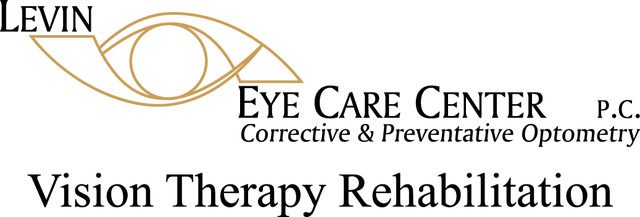Screens have become integral to our daily lives, from smartphones to laptops and tablets. These devices offer convenience and endless possibilities but emit significant blue light. We will explore the importance of blocking blue light and how it can benefit your health and well-being.
What is Blue Light?
Blue light is part of the visible spectrum and is found in sunlight. Many artificial sources, such as digital screens, LED lighting, and fluorescent bulbs, also emit it. Blue light is not harmful; it regulates our sleep-wake cycle and boosts alertness during the day.
The Downside of Blue Light Exposure
Excessive exposure to blue light, especially from screens in the evening, can adversely affect our health and well-being. Here’s why blocking blue light is so important:
1. Sleep Disruption:
One of the most critical reasons to block blue light is its impact on sleep. Blue light suppresses the production of melatonin, a hormone that regulates sleep. Prolonged exposure to blue light in the evening can disrupt your circadian rhythm and make it difficult to fall asleep.
2. Eye Strain and Discomfort:
Staring at screens for extended periods can lead to digital eye strain, often called computer vision syndrome. Symptoms include dry eyes, blurry vision, and headaches. Blocking blue light can help reduce these discomforts.
3. Increased Risk of Macular Degeneration:
Over time, prolonged exposure to blue light may contribute to age-related macular degeneration (AMD) development. AMD is a leading cause of vision loss in older adults. Blocking blue light can help lower the risk of this sight-threatening condition.
4. Better Sleep Quality:
By blocking blue light, especially in the hours leading up to bedtime, you can improve the quality of your sleep. Better sleep means you wake up feeling refreshed and more alert.
5. Enhanced Productivity:
Blocking blue light during the day can help maintain your natural circadian rhythm and boost your alertness and productivity. It’s crucial for individuals who work on screens for long hours.
Ways to Block Blue Light
Now that we’ve established the importance of blocking blue light let’s explore some practical methods to achieve this:
1. Blue Light Glasses and Lenses:
Blue light glasses are designed to filter out or block blue light from screens. Our office trusts Hoya Recharge for patients who are prescribed prescription lenses. Wearing them can significantly reduce eye strain and improve sleep quality.
2. Screen Filters:
You can install screen filters or use software applications that reduce the blue light emitted by your digital devices, making them more eye-friendly.
3. Adjust Your Screen Settings:
Most devices offer settings that allow you to reduce blue light emissions during the evening. Change these settings to protect your eyes and improve your sleep.
4. Limit Screen Time Before Bed:
A simple yet effective approach is to reduce your screen time in the hours leading up to bedtime. Engage in relaxing activities that don’t involve screens to prepare your body for rest.
In our tech-driven world, blocking blue light has become important for our well-being. It can improve sleep, reduce eye strain, and lower the risk of serious eye conditions like macular degeneration. Whether you opt for blue light glasses, screen filters, or screen-time management, incorporating blue light protection into your daily routine is a small but significant step towards better health and quality of life.

